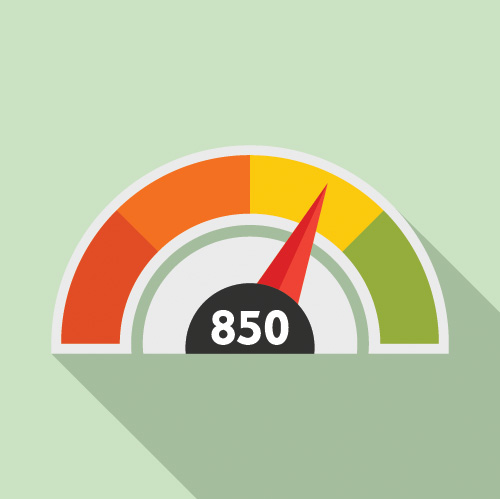 Are you one of the millions of Americans who are ready to jump into the real estate market this year? Despite the pandemic, the real estate market is flourishing because of record low interest rates. It’s an excellent time to get a great deal on a home. But lenders have tightened their requirements for getting a home loan, and as a buyer it’s essential to have a good credit score when you begin your search. Here are steps you can take to improve your score before applying for a mortgage.
Are you one of the millions of Americans who are ready to jump into the real estate market this year? Despite the pandemic, the real estate market is flourishing because of record low interest rates. It’s an excellent time to get a great deal on a home. But lenders have tightened their requirements for getting a home loan, and as a buyer it’s essential to have a good credit score when you begin your search. Here are steps you can take to improve your score before applying for a mortgage.
Check your report
The first thing you need to do is to order a copy of your credit report. Thoroughly review the document for errors. Unfortunately, it’s not uncommon to discover mistakes on your credit report and they can negatively impact your score. If you do find errors, then you need to take the necessary steps to have them removed. It can take several weeks or months to clean up your report, so get started on this step right away.
Avoid new debt
One of the worst things you can do before you apply for a mortgage is to burden yourself with additional debt. Do not take out any new loans or make any big purchases on credit before closing on your home loan. Your score could take a big hit and the new debt can be a red flag to lenders.
Improve your credit utilization ratio
When you apply for a home loan, your lender will be looking at your credit utilization ratio. This is the ratio of your debt to your credit limits. You want to shoot for a credit utilization ratio of about 30 percent. There are two ways you can do this. The first is to pay down your existing debt. The more money you can funnel towards credit card debt and other loans, the better. The second way is to contact your creditors and ask them to increase your credit limits. Though it may seem like this is asking for more debt, as long as you don’t use that available credit, it will help to improve your credit utilization ratio.
Don’t close accounts
Have you paid off one of your credit cards? Congratulations! That’s a big step toward improving your credit score. However, don’t be tempted to close that account – at least not right now. While you may want to close the account to avoid the temptation of spending that available credit, that could impact your score. Several things help to determine your credit score, including the length of your credit and your credit history. Closing accounts can negatively affect your credit score, so wait until you’ve closed on your home loan to do it.
Settle collections
Finally, you can greatly improve your score by settling any debts that have gone into collections. Are you able to pay off this debt? Then contact the collections agency and tell them you wish to settle the debt and have it removed from your credit report. Be sure to get your agreement with them in writing, and continue to check your report to make sure it’s been removed.




